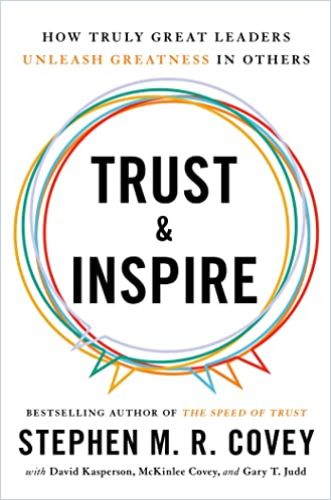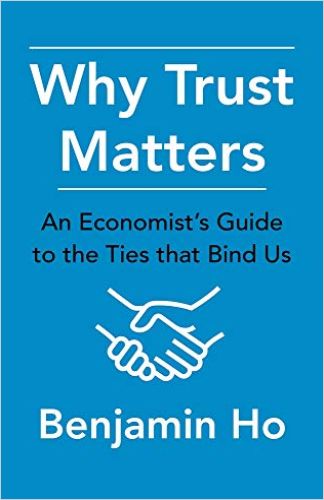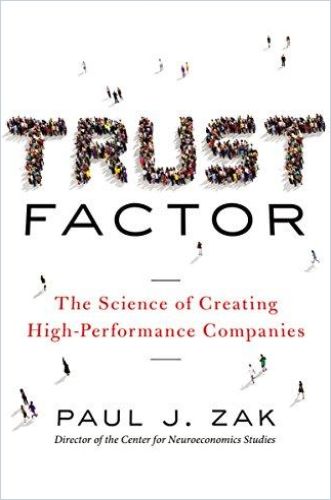1. Trust: Why?

Trust is the basis of every successful collaboration, at the desk, in high-stakes sales talks and in everyday interaction. Always and everywhere, a test of trust takes place before we tackle something together with others, before a product or service is purchased, or before one hires a new employee.
Stephen M. Covey, the guru on trust for decades, calls it the new hard currency in working life. After all, if you can’t rely on anything, you get nothing done. In times of hybrid work, this is more true than ever.
Most people consider competencies in trust to be innate or learned early on. For example, children learn to distinguish between the familiar and the unfamiliar in their very first weeks and months because, without this instinct, small and helpless, they would hardly survive their childhood years. Nevertheless, it is true: You can learn to trust at any age. It’s not easy for everyone, but it’s worth it – and it makes life easier, bit by bit.
Leaders, in particular, must have a sense of it because their ability to trust determines the weal and woe of their success.

No one can know everything on their own, and no one can manage everything on their own. Those who pretend they can do not have “healthy self-confidence” but a psychological problem. Moreover, to delegate work (I’ll deal with this separately in a couple of days), a central task of good leadership in a specialized economy, one must receive and communicate the information necessary for decisions and consider the next steps. Where trust does not exist, leaders suffer from filter bubbles.

To a certain extent, dictators who surround themselves more and more with advisors who only tell them what they want to hear share the same fate. First, they find themselves in a hand-crafted echo chamber and thus lose contact with reality. Second, they lose the capability to make informed decisions. In the end, they lose everything. Always.

Leaders who are untrustworthy and unable to trust others cannot receive all necessary information and therefore have no basis for properly weighing conditions. In short: Such a person is not suitable for leadership tasks.
Three rules:
- Trust is the foundation of successful human interactions.
- Trust in yourself and others makes you and your environment more resilient.
- A culture of trust starts with the leader as a role model.
Read chapter two of my series on trust here.
Find all columns here.






